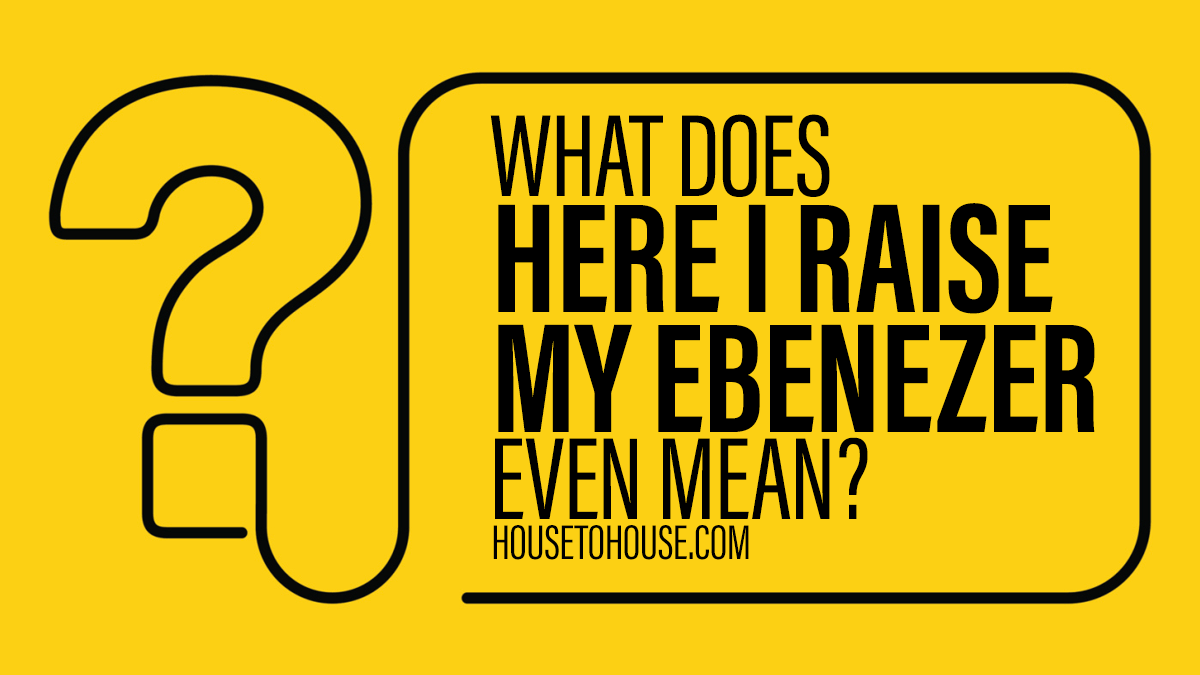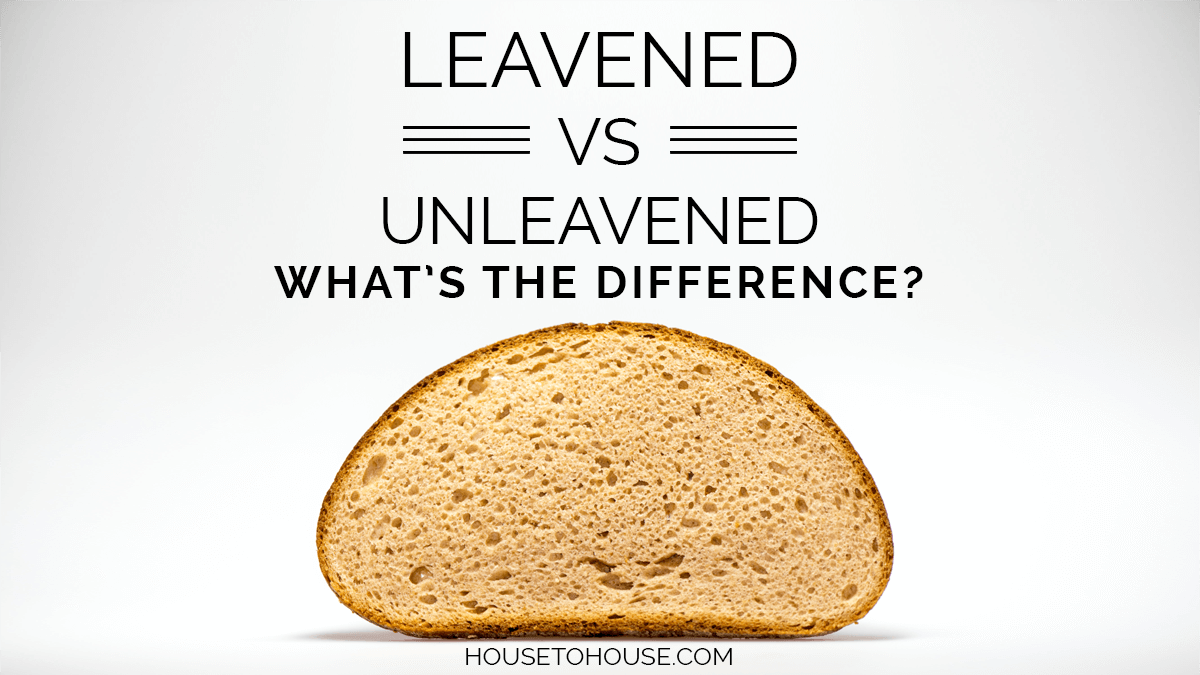It is very important that we think about what we sing in our worship to God if we want to be pleasing to Him. God commanded singing as worship, and not entertainment. Paul taught, Let the word of Christ dwell in you richly in all wisdom; teaching and admonishing one another in psalms and hymns and spiritual songs, singing with grace in your hearts to the Lord (Colossians 3:16). Since the songs we sing should teach and admonish, we risk vain worship if we sing words that are in conflict with scripture.
The phrase, Here I raise my Ebenezer, is the beginning of the second verse of the familiar hymn, O Thou Fount of Every Blessing. This hymn, written by Robert Robinson in 1758, stresses the joy of Christianity and the Christian’s need to rely on the Lord. Robinson chose the phrase, Here I raise my Ebenezer, from 1 Samuel 7:12, because it reminds God’s people how He he delivered Israel from danger.
Chapters 4 through 7 of 1 Samuel describe a series of battles between the Israelites and the Philistines. In an attempt to defeat the Philistines, the Israelites took the ark of the covenant into battle as a sort of good luck charm. To their anguish, however, the Philistines captured the ark and took it back to their pagan temple. God then sent plagues upon the Philistines and caused the idol of their god Dagon to fall over on its face. Fearing God, the Philistines sent the ark back to the Israelites, but continued to fight. As they fought more battles, the prophet Samuel led the Israelites as their last judge. As prophet and judge, Samuel offered sacrifices to God, so that when the Philistines approached, God thundered with a great thunder (1 Samuel 7:10). In the confusion that followed, the Israelites soundly defeated the Philistines.
As a reminder of the great victory God gave to Israel, Samuel took a great stone and raised it as a memorial between Mizpeh and Shen. As he raised it he called the name of it Ebenezer [or stone of help], saying, Hitherto hath the LORD helped us (1 Samuel 7:12). Whenever the Israelites looked at the stone, they would remember how God had helped them. Unfortunately, the exact site of the stone is unknown today.
When we sing, Here I raise my Ebenezer, we are poetically quoting Samuel, who raised the Ebenezer stone to remind the Israelites of God’s help for them in their time of trouble. The words fit well with the sentiment expressed in the hymn: O Thou Fount of every blessing, Tune my heart to sing Thy grace; Streams of mercy never ceasing, Call for songs of loudest praise. Teach me ever to adore Thee, May I still Thy goodness prove, While the hope of endless glory Fills my heart with joy and love. Here I raise my Ebenezer, Hither by Thy help I’ve come; And I hope by Thy good pleasure Safely to arrive at home. The words of the hymn remind us that God is truly the fount of every blessing, Who deserves our worship and our praise. Although the words, Here I raise my Ebenezer sound obscure to us, they do express the sincere attitude of gratitude we should have to God Who is our help in time of trouble. – Bob Prichard











There are many songs that are based in scriptures that those who are not students of the Bible sing without meaning. My YouTube channel tries to address several songs with descriptive signs. When you interpret religious songs (for that any song) you need to know the meaning. “Night with Ebon Pinion” is the same situation.
Thanks, Bob. I’ve been wondering for years what that phrase meant. Sang it since I was a child. Through the magic of the internet, not I know what it means.
Well said. That sure makes more sense than “Bah, Humbug!”
Great article.
Makes complete sense!